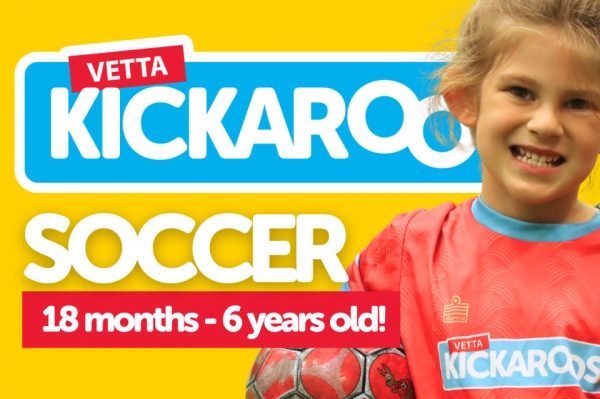
Baby Blues and the Powerful Placenta
 Like 85 percent of new moms, Erica Heslop suffered the baby blues after the birth of her first child. When she became pregnant with her second, this mom and nurse vowed not to let post-partum gloom steal a moment of happiness again.
Like 85 percent of new moms, Erica Heslop suffered the baby blues after the birth of her first child. When she became pregnant with her second, this mom and nurse vowed not to let post-partum gloom steal a moment of happiness again.
Explained Heslop, “After I got pregnant with Drew, I looked back on my first weeks with Jay and realized that my mood swings, fatigue and tearfulness had clouded my early time with him. My husband even referred to the shower as my ‘sobbing box’ because every time I would shower, I would cry. I wanted the time after our second child’s birth to be less crying and more joy.”
Heslop’s solution: placenta encapsulation.
Now, in all honesty, when Heslop mentioned the practice to our moms’ group, I gagged a little. All I could picture was a placenta simmering in the crockpot with some Lipton’s onion soup mix. But the more she shared the benefits of encapsulation, the more I began to respect the practice. Instead of serving up the placenta with a side of au jus, Heslop explained, it’s cooked, dried and formed into caplets for taste-free ingestion, restoring necessary hormones that are lost within three to five days of giving birth and helping reduce the risk of the blues.
Heslop began taking her placenta pills the day she and her new son came home from the hospital. “My pills were ready around 4 p.m. that day, and I took my first dose right away. Within an hour I felt better. I was still tearful, but I felt a little more in control and wasn't sobbing anymore. A few hours later it was time for my second dose. By the time I went to bed that night I felt even more in control of my emotions. By the next evening, I felt as close to normal as one can feel four days after having a baby. My husband quickly noticed a difference too. He was pretty skeptical at first, but I've now caught him telling our story to several people, always ending with ‘she was 100 percent right on this one.’"
Heslop was so impressed with her placenta encapsulation experience that she chose to take the next step — studying the practice so that she could help other new mothers in similar situations.
So, why the placenta?
According to Placenta Benefits and a study from the National Institutes of Health, the placenta secretes CRH (corticotropin-releasing hormones), a stress-reducing hormone generally produced by the hypothalamus throughout the pregnancy but even more so in the last trimester. After a woman gives birth, CRH levels drop dramatically as the hypothalamus waits for the signal to begin production once again. Therefore, it’s no surprise a new mom’s hormones get out of whack.
For centuries, women around the world have ingested the placenta in one form or another to, noted Heslop, balance hormones, increase energy and improve breastmilk production. However, not surprising, the trend has fallen by the wayside, because — well, let’s face it, you’re eating placenta.
Heslop was determined to reverse the downward spiral, especially since the area’s one placenta encapsulation specialist (PES) planned to move from St. Louis in 2011. So shortly after giving birth, Heslop underwent a training course to become a PES, which included studying the history of placenta ingestion, the benefits of encapsulation and the encapsulation procedure itself.
As a PES, Heslop shared that placenta encapsulation is very simple for the mother — the hardest part is getting the doctor and hospital part on board — but after that, it’s all in her hands.
“During the encapsulation, the placenta is cleaned, steamed, dehydrated and then ground before being placed into the capsules,” she explained. “The capsules can be kept nearly forever as long as they are refrigerated or frozen. Some women choose to take them all during the post-partum period. Others take them for two weeks post-partum and then save the remaining pills in case of baby blues or a decrease in breast milk supply down the road. Still others save the remaining pills for use during menopause.”
Mothers who wish to learn more about placenta encapsulation can contact Heslop at happymamaSTL@gmail.com or learn more by visiting her page through the Placenta Benefits website. And as always, be sure to check with your doctor before proceeding with any supplemental program.
The weeks after giving birth can be one of the most beautiful — and frightening — weeks of a mother’s life. In addition to communicating openly with your doctor about treatments and leaning on others for support, finding a nutritional solution may go a long way in beating the baby blues — even if it sounds a little icky.
By Nicole Plegge, Lifestyle Blogger for SmartParenting
Photo of Erica Heslop courtesy of Jaclyn Jezik, One Twenty Two Photo & Design

Metro East mom Nicole Plegge has written for STL Parent for more than 12 years. Besides working as a freelance writer & public relations specialist, and raising two daughters and a husband, Nicole's greatest achievements are finding her misplaced car keys each day and managing to leave the house in a stain-free shirt. Her biggest regret is never being accepted to the Eastland School for Girls. Follow Nicole on Twitter @STLWriterinIL





















